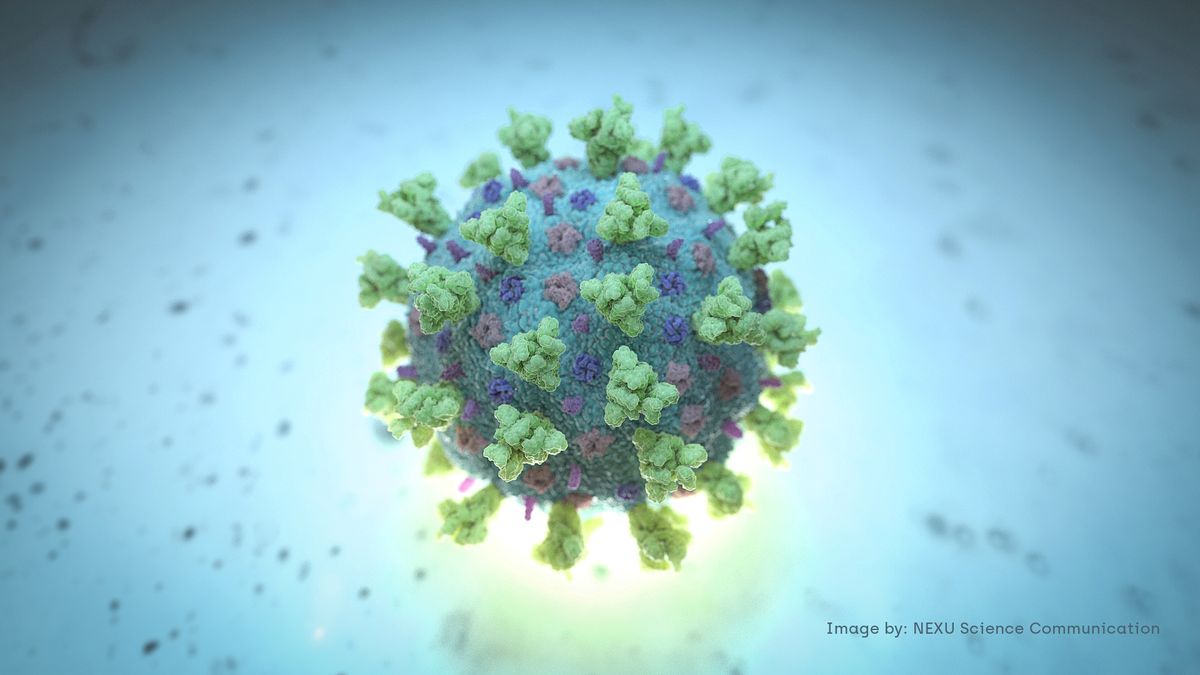Pandemics are great equalizers. The coronavirus doesn't discriminate based on your passport, your tax returns, or your political party. It doesn't care how old you are, where you live, or who you voted for in the last election. It just wants to kill you.
And yet, while we are all one humanity from the perspective of the virus, the pandemic – and the responses to it – are opening deep fissures in our societies that may persist even after the wave of infections subsides. Here are a few to watch out for.
Rich vs Poor: In the US, athletes and celebrities are getting preferential access to scarce tests. In Russia, the "one percent" are hoarding ventilators. Mexico's outbreak has been traced to a luxury ski lodge in Colorado. Locals in the Hamptons are angry as wealthy New Yorkers bring the disease "out East." Across the world, the rich and famous not only have vastly better access to care, they are also more shielded from the economic fallout than ordinary folks and the working poor, who don't have the benefit of "teleworking," or who are – at huge risk to themselves – staffing hospitals, grocery stores, delivery services, drugstores, and public infrastructure. The class antagonism will grow.
Local vs National: In many countries, but particularly ones with federalized political systems, there is tension between national governments that should be leading coordinated responses to the pandemic, and the local officials on the front lines, often coping with scarce resources. This is even more of an issue in countries where the initial national-level response has been slow—Brazil, the United States, Mexico, or the Czech Republic, for example.
Democrats vs Republicans: In the United States, everything is polarized, even a pandemic. The latest polling shows that Democrats – more concentrated in the urban centers that have been hit hardest so far – are far more concerned about the virus' spread than Republicans, though the gap is closing. A month ago nearly half of Republicans said they weren't concerned – now only about a quarter say that. Only 5 percent of Democrats say they aren't worried.
US vs China: The world's two largest economies have their differences, but where the global threat of coronavirus might have been a practical opportunity to work together to save the planet, Beijing and Washington have instead sniped at each other about the origins of the disease, kicked out each other's journalists, and limited their cooperation on searches for a vaccine.
Globalists v Tribalists: Some people see the COVID-19 crisis as an overdue wake-up call for more global coordination and unity. Others see it as a confirmation of their sense that globalization had gone too far, and that a future of higher walls and less economic integration is a safer and healthier one.
When it's all over, whose view will prevail, and where?






